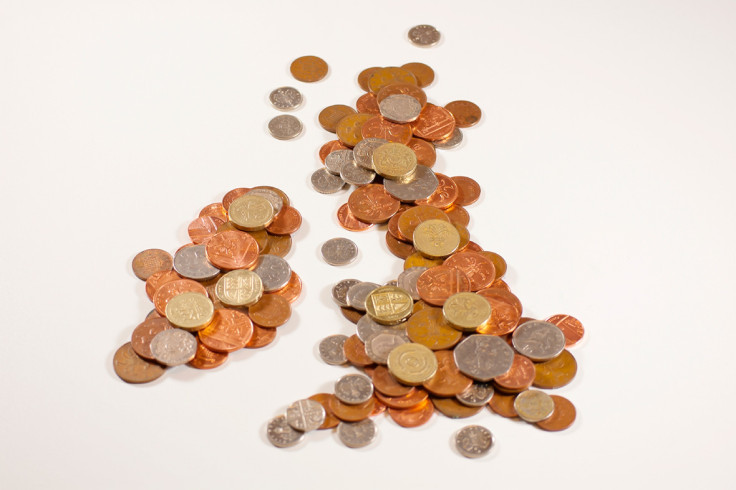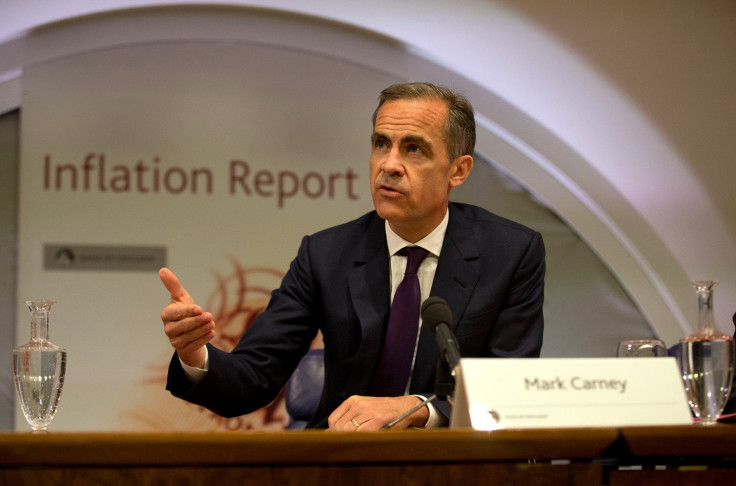William Keegan: The pound is going strong so enjoy it while it lasts
One of the great advances of recent decades, thanks not least to enterprising airlines, has been the growing availability of foreign holidays to (almost) all and sundry. I remind my young children when they go on school trips to exotic locations that, at their age I had not even been to Dover. Of course, dear reader, I hasten to assure you there is not a hint of envy in such observations.
This summer, there has been the added advantage for British tourists of an exceptionally strong pound. Long experience suggests however, that this may be a case of, as the high-street shops used to proclaim, buy now while stocks last.

A favourable exchange rate for holidaymakers has coincided with the recent publication of the Confederation of British Industry's (CBI) quarterly survey of industrial trends indicating that, via its deleterious impact on price competitiveness, the strong pound is taking a heavy toll on export orders.
As Katja Hall, deputy director general of the CBI, comments with classic British understatement: "Greater buoyancy in exports remains a missing element from the UK's recovery."
I'll say! This has not escaped the notice of the Bank of England, whose governor Mark Carney has several times recently gone out of his way to point to the strength of sterling. Thus, in a lecture at Lincoln Cathedral on 16 July, Carney noted the pound had risen by 7% in 2015 and 18% in the past two years. Then in his press conference at the launch of the Bank's quarterly Inflation Report on 6 August, he was at it again: "Sterling has appreciated by 3.5% since May and 20% since its trough in March 2013."
This measure is an average of sterling's movement against the dollar, the euro and other key currencies. Between the beginning of 2007 and the beginning of 2009, the pound was devalued by 25%. Its actual "trough" in 2009 was lower than the trough Carney for some reason chose in 2013, But let us not quibble. The essential point is that between 2009 and this summer, about half the 2007 to 2009 devaluation was reversed.
The Bank, the CBI, and the Office for Budget Responsibility have all emphasised the implications - less growth than desirable for the government's "rebalancing" efforts and more stimulus to imports, when the British economic recovery is already heavily dependent on private domestic demand.

Now, under the prevailing regime of 'inflation targeting' the Bank is supposed to be aiming at 2% inflation but is nowhere near hitting that target and cheaper imports (via the high pound) serve to keep inflation low.
Moreover, all that seemingly endless speculation about the possibility of a small increase in interest rates seems to make the pound even more popular, which is not good news for British exporters.
With the UK running a current balance of payments deficit of 6% GDP, the likelihood is that at some stage the markets are going to take fright and there could by an almighty sterling crisis. So it is interesting that economist Russell Jones of Llewellyn Consulting recently suggested: "George Osborne and Mark Carney would be wise to encourage the pound to fall now, rather than risk a more troublesome depreciation later."
One wonders whether, with the remarks quoted above, the governor is in telepathic communication with Russell Jones?
William Keegan is a journalist, academic, and the senior economics commentator at The Observer. He has published his latest work – Mr Osborne's Economic Experiment - Austerity 1945-51 and 2010 (published by Searching Finance) – which can be purchased on Amazon.
© Copyright IBTimes 2025. All rights reserved.






















